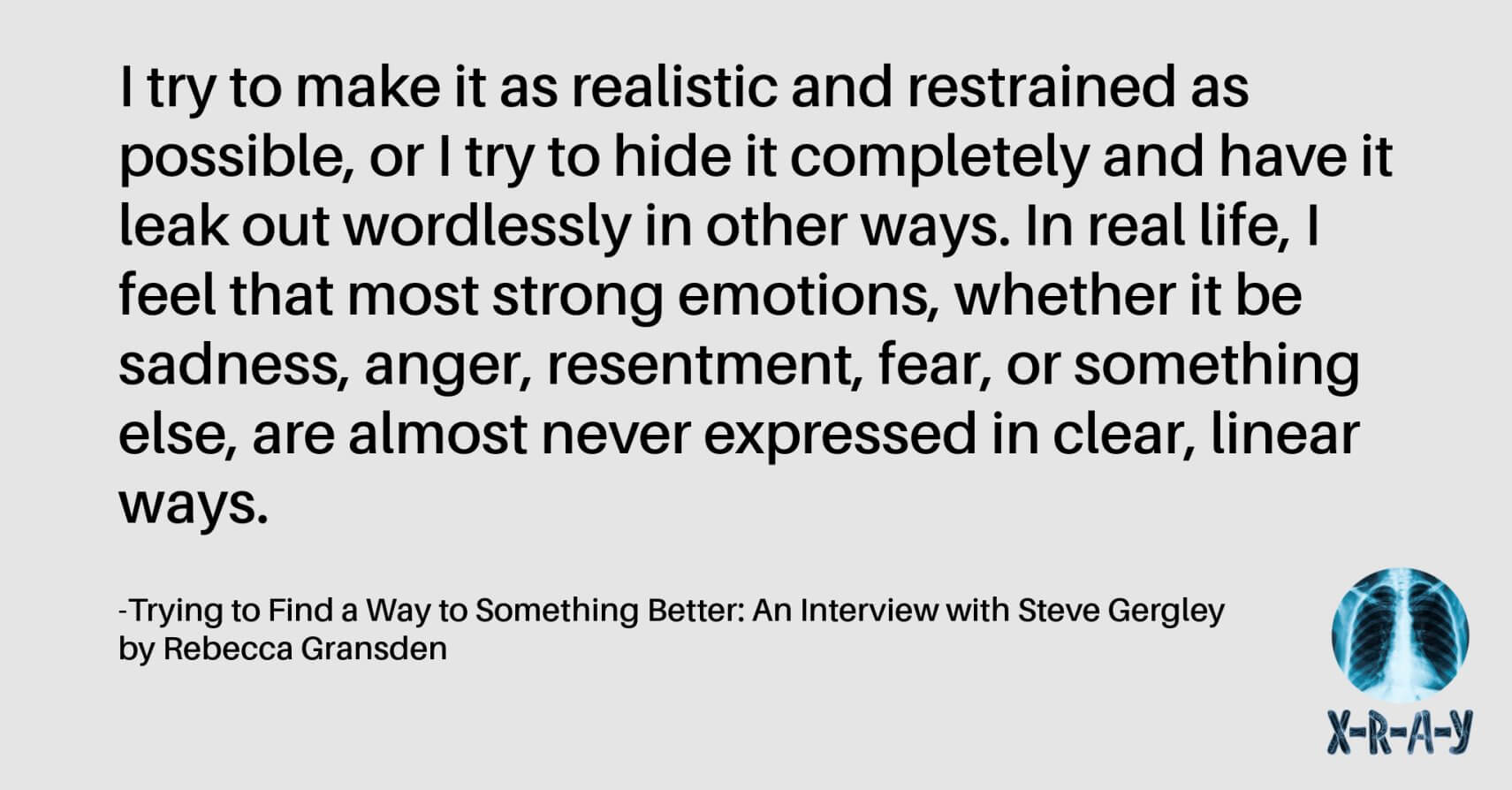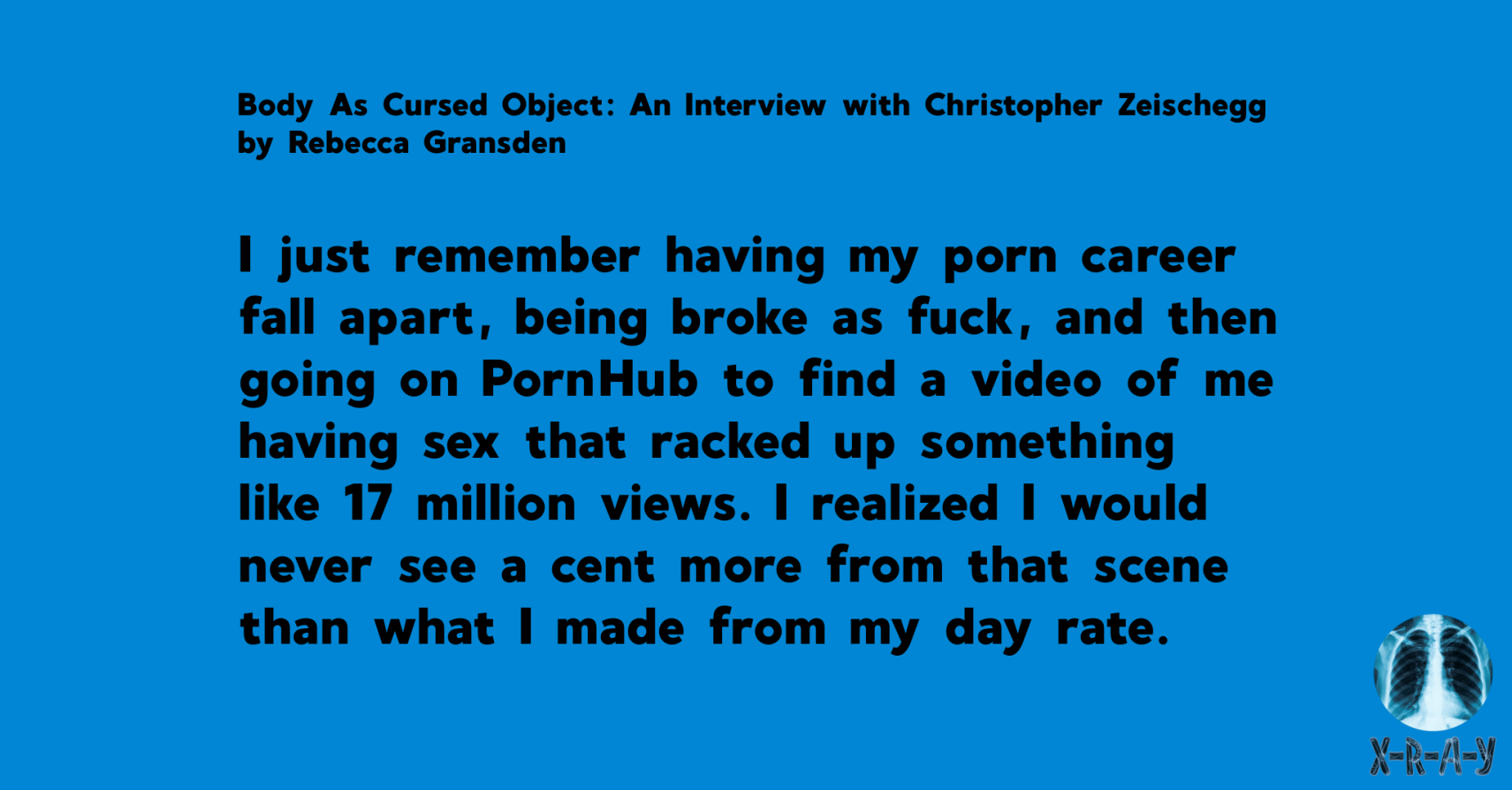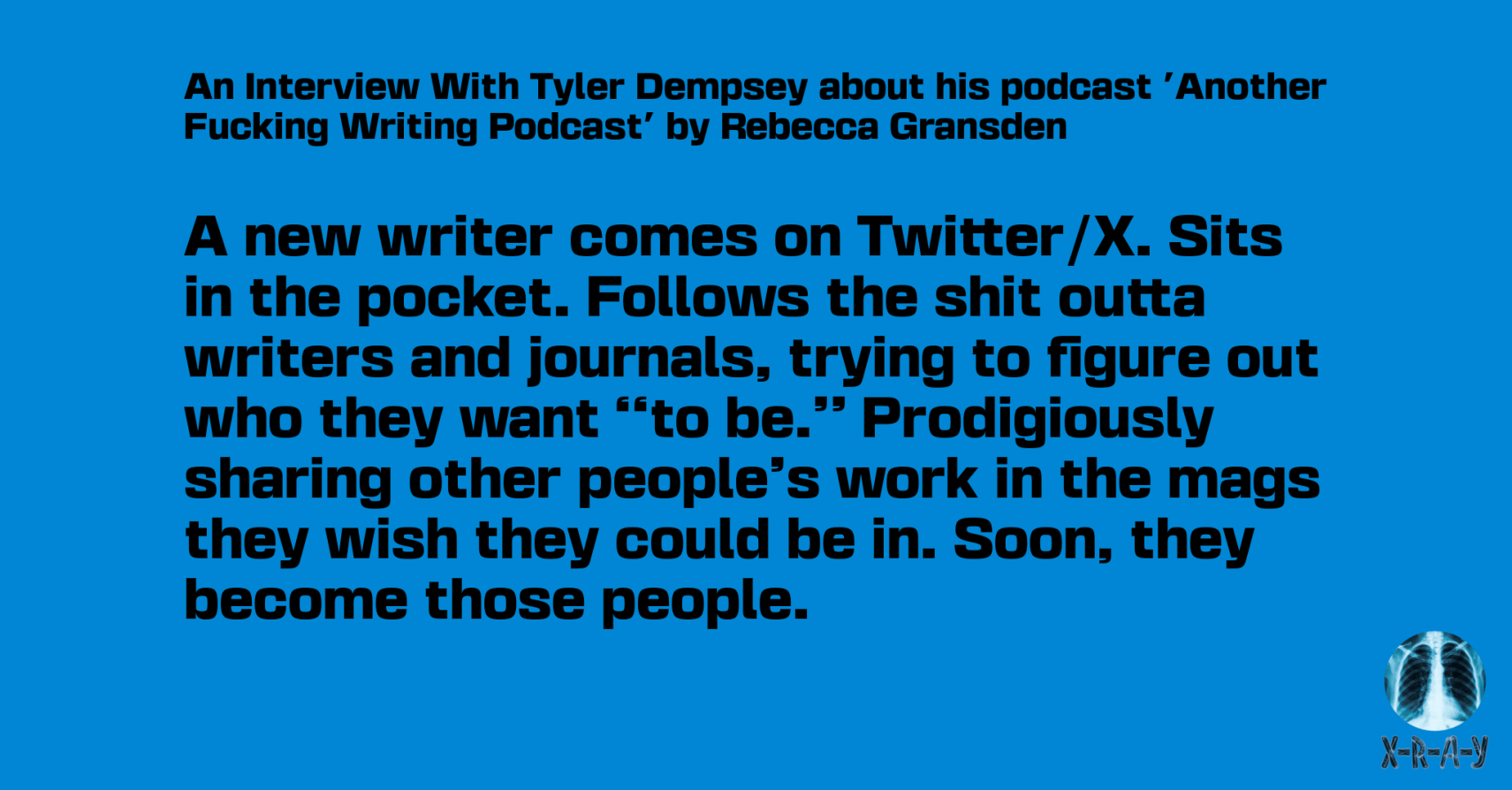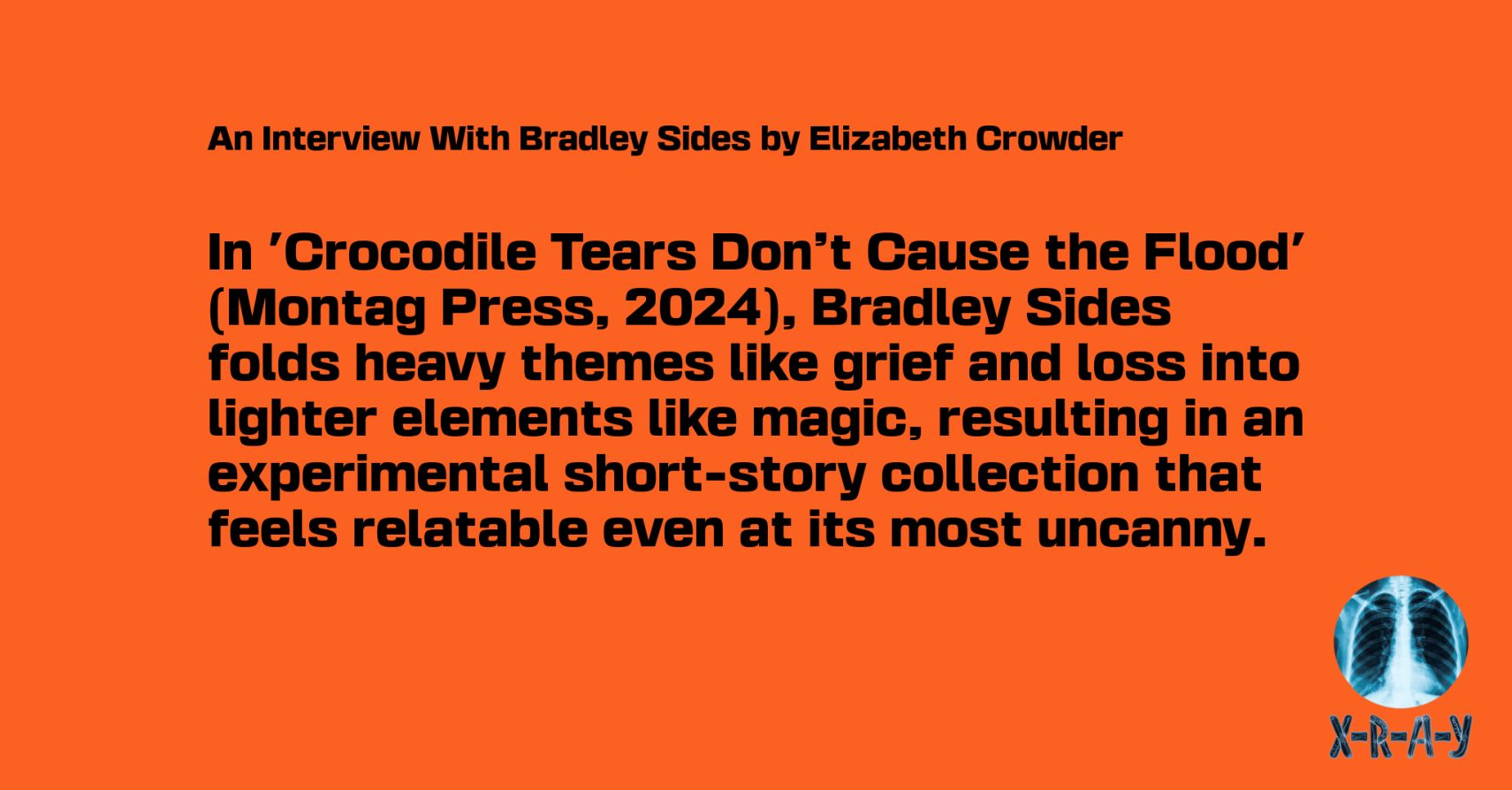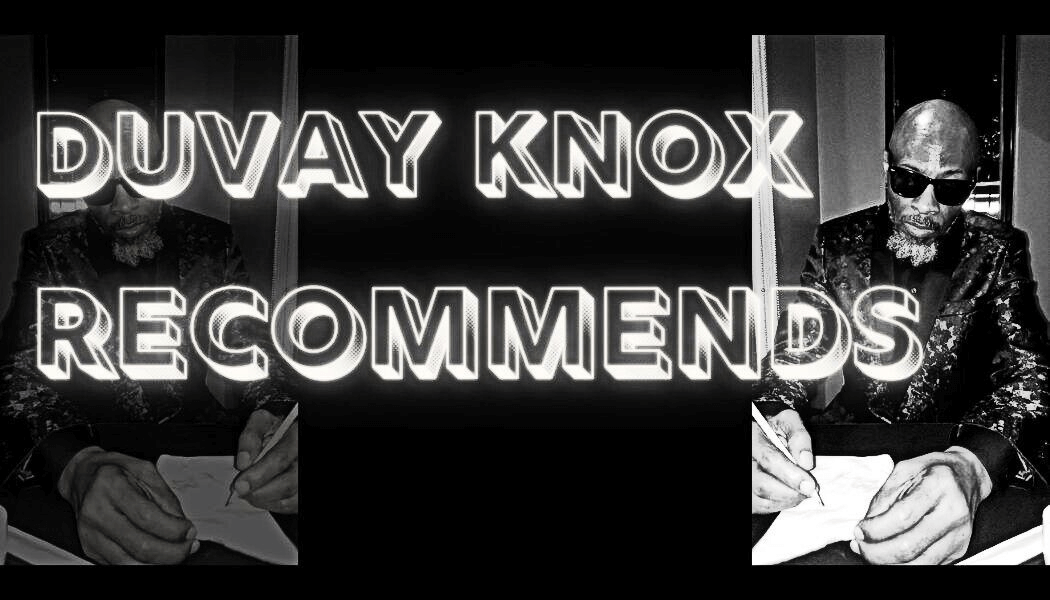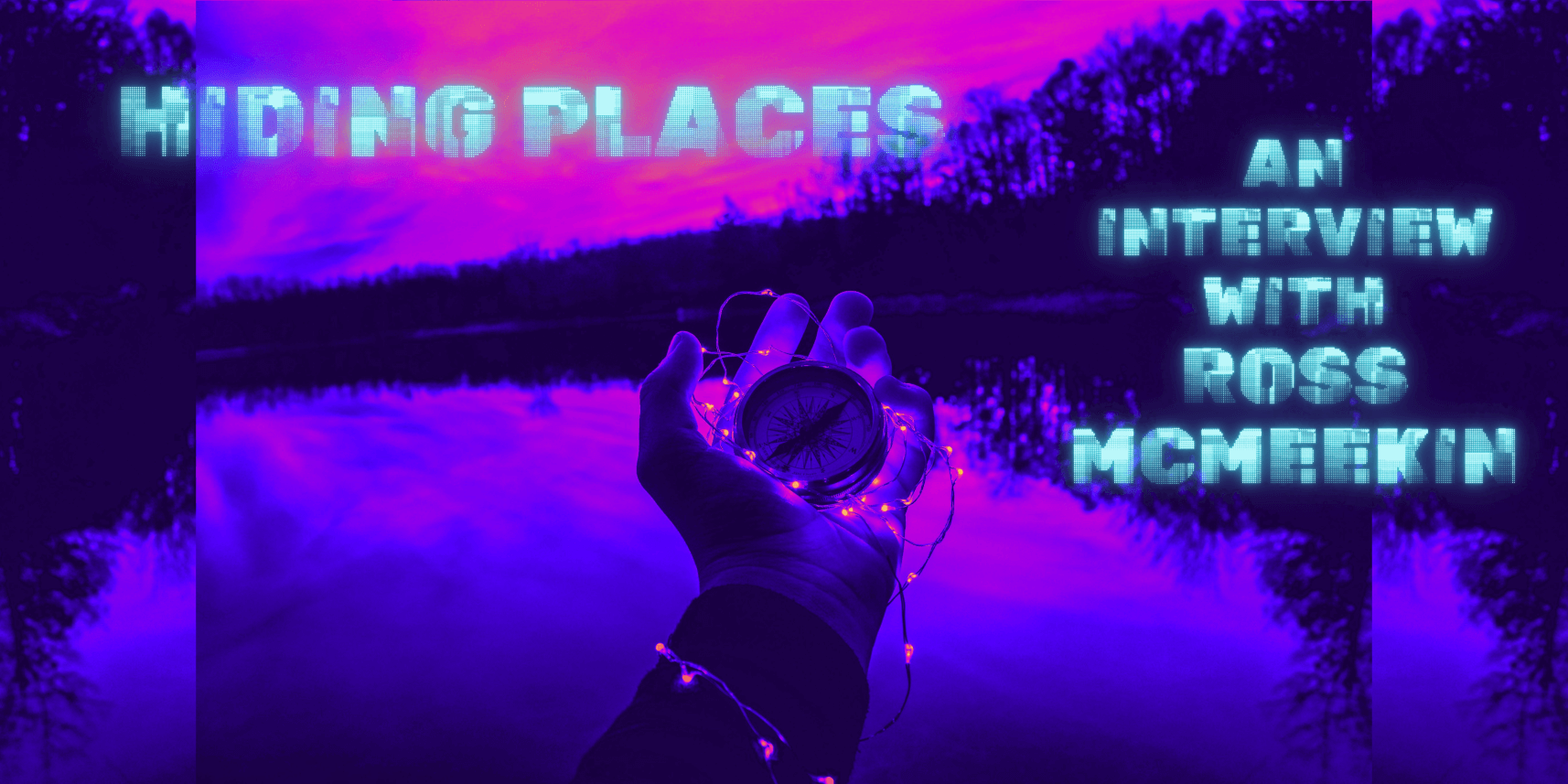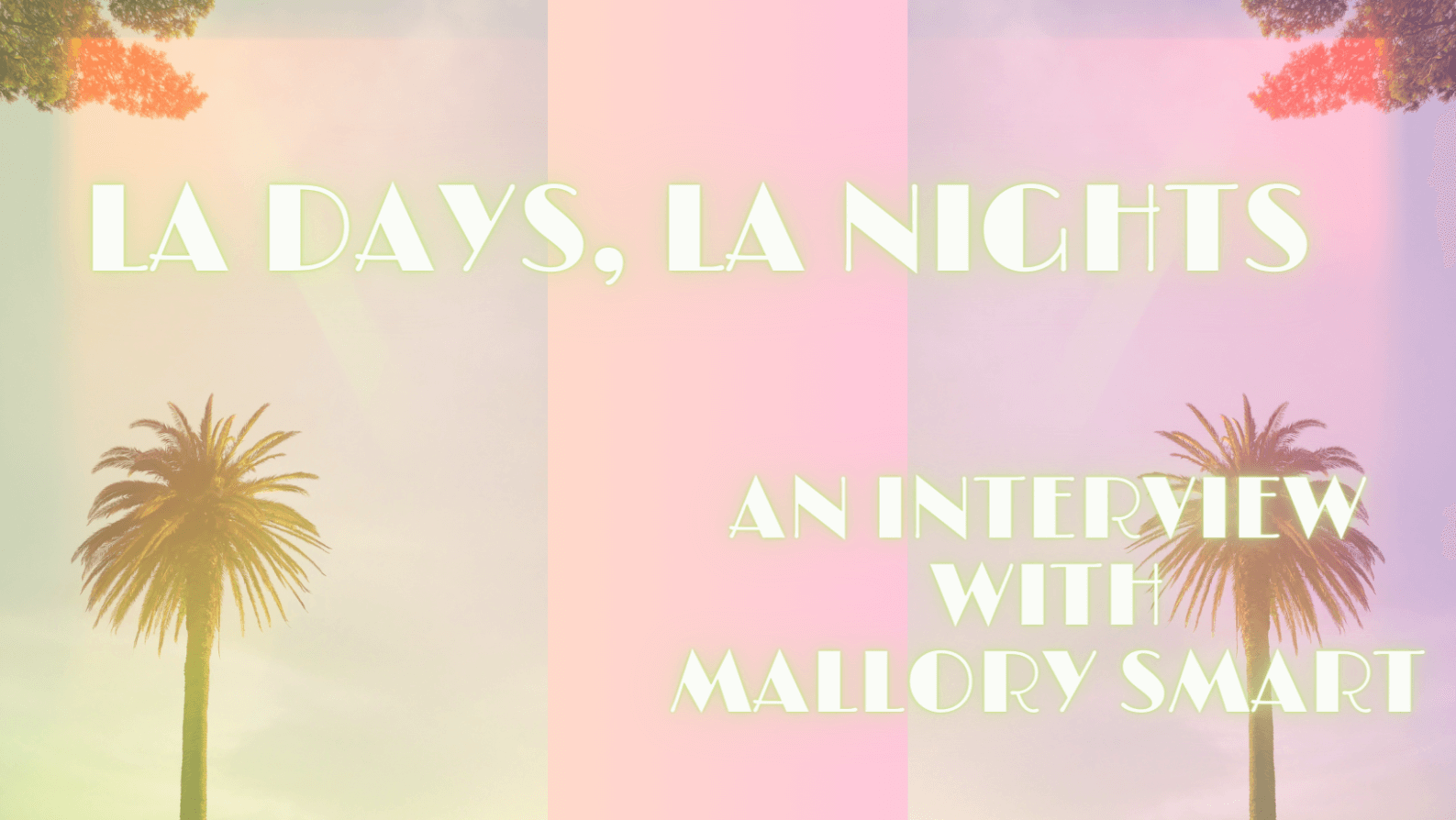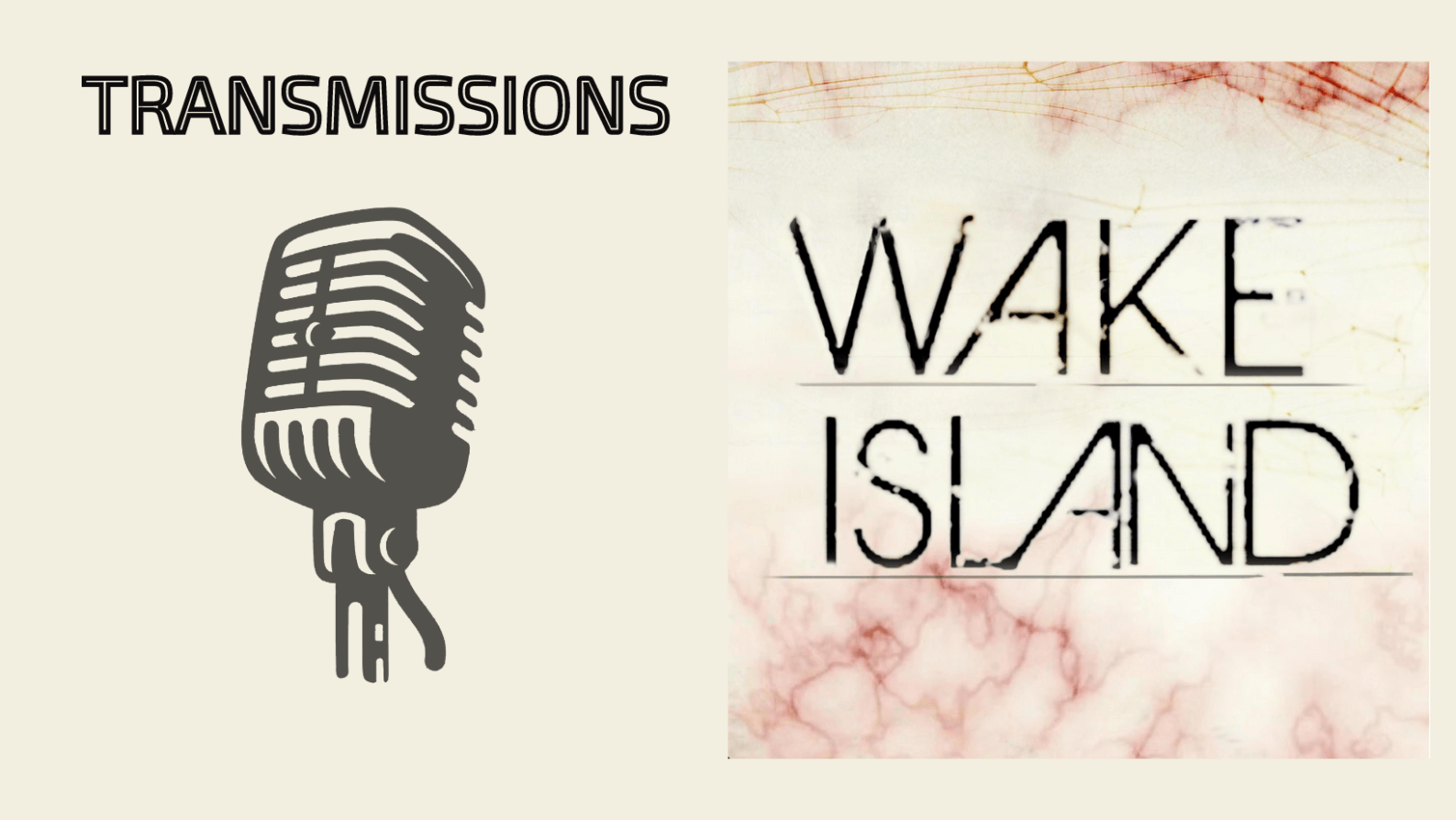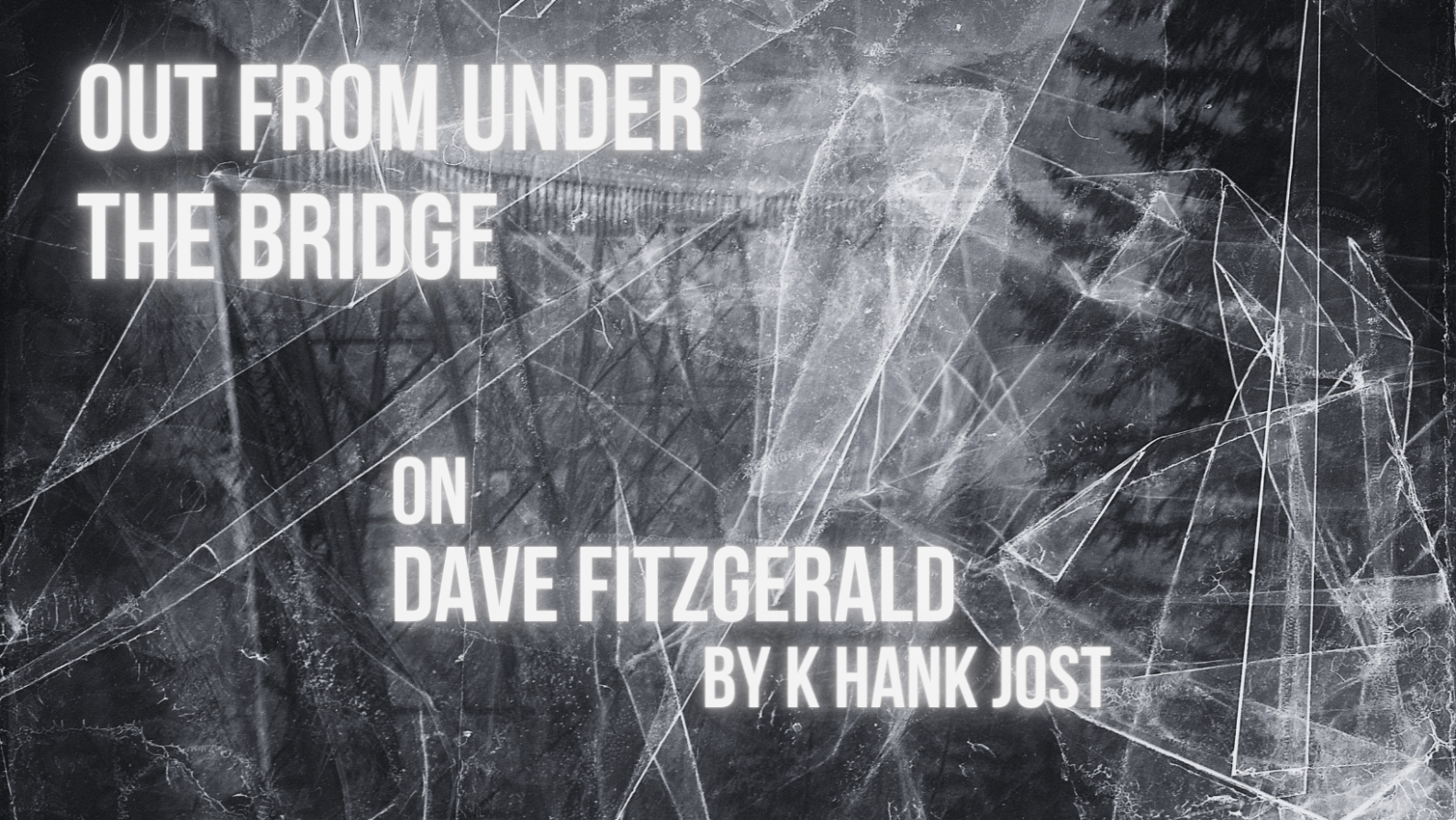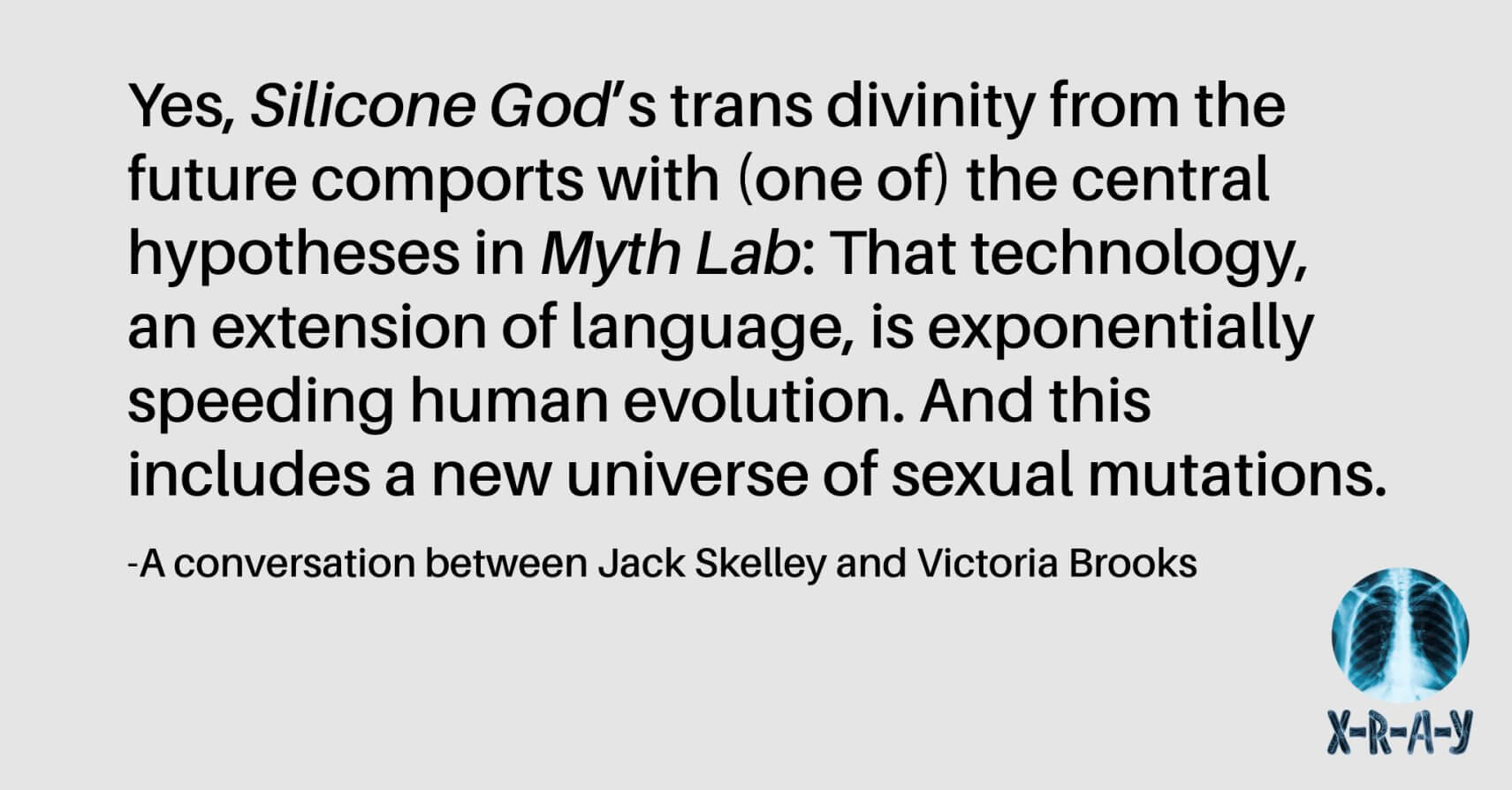
GENDER BENDERS AND GENRE BLENDERS: Victoria Brooks and Jack Skelley in Conversation
Two freaky fiction writers chat. Jack Skelley, author of The Complete Fear of Kathy Acker (Semiotext(e), 2023) joins Victoria Brooks, author of Silicone God (Moist, 2023). Fear of Kathy Acker is a cult hit embraced by young readers. Skelley’s new book of stories is Myth Lab (Far West Press, 2024). Silicone God is a strange strain of post-human, science fiction/body horror by “Queer Mistress Wife Human” (Brooks’ Instagram name). Topic A: How horny writing may reach beyond tired categories of sexual and textual orientation. Jack: I’ll kick it off! Victoria, I was first attracted to Silicone God for its boundary blurring. Your…

